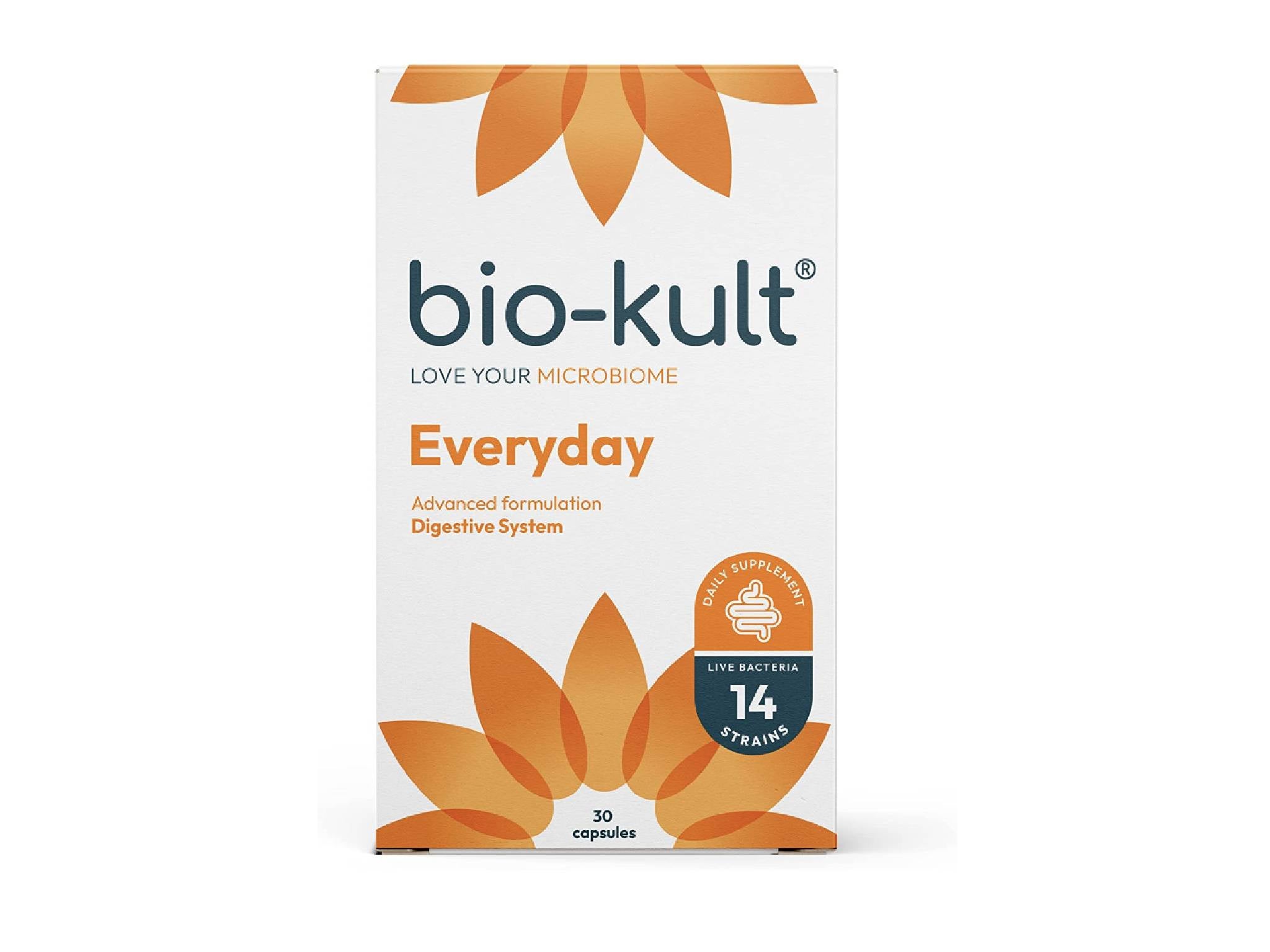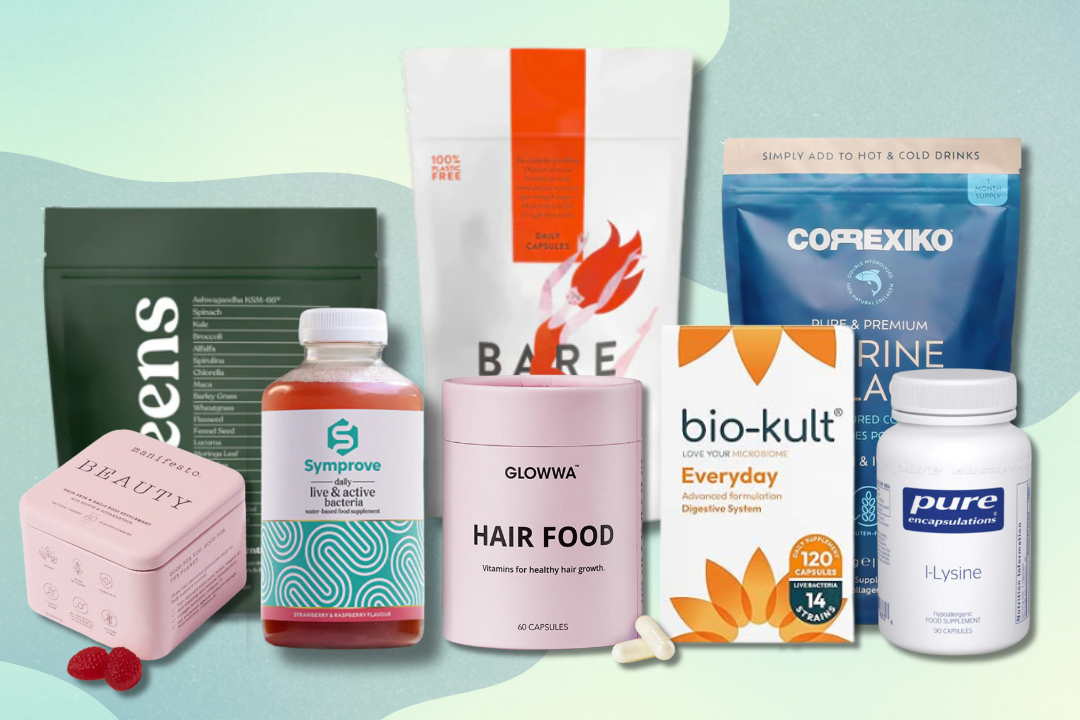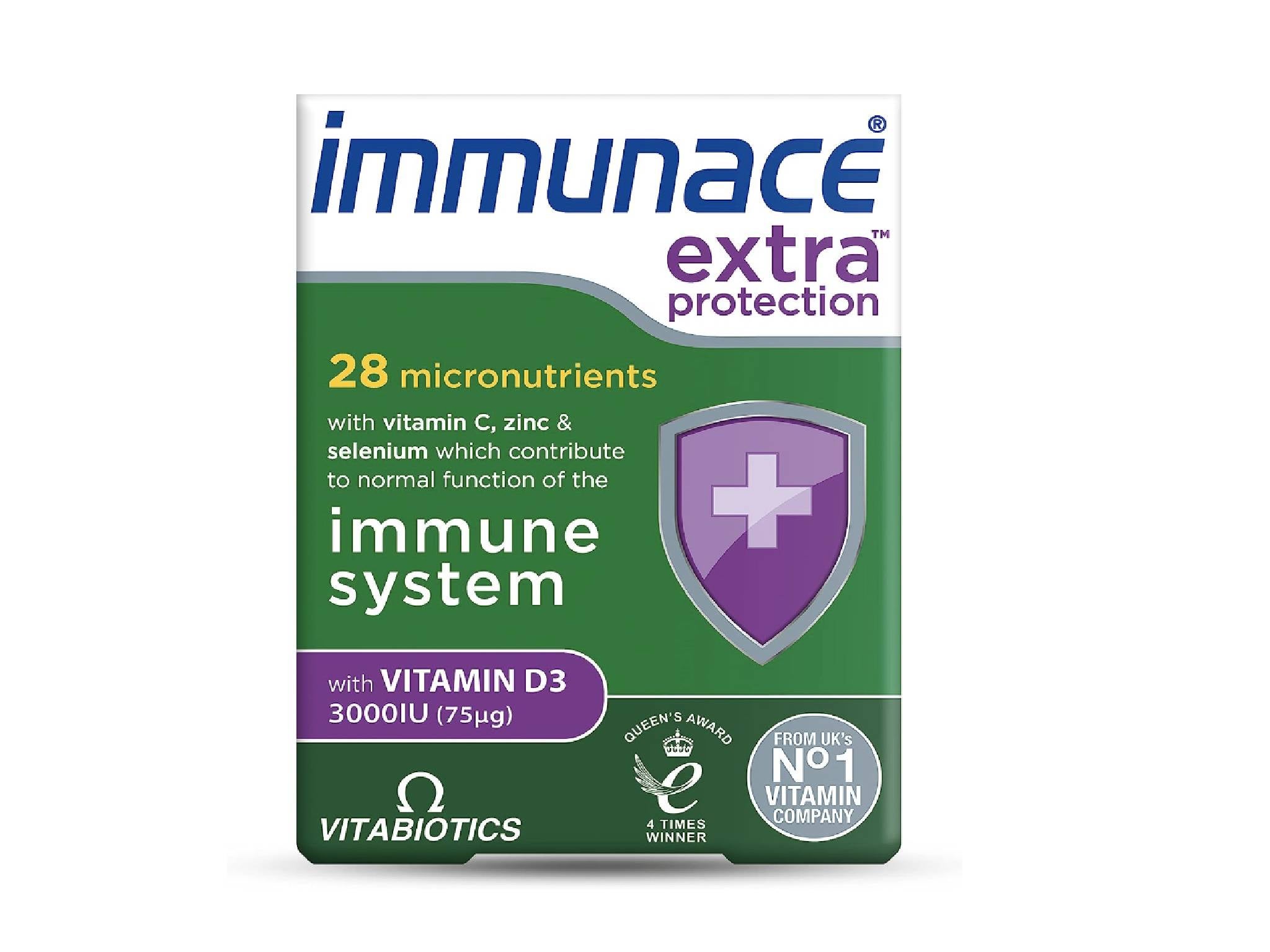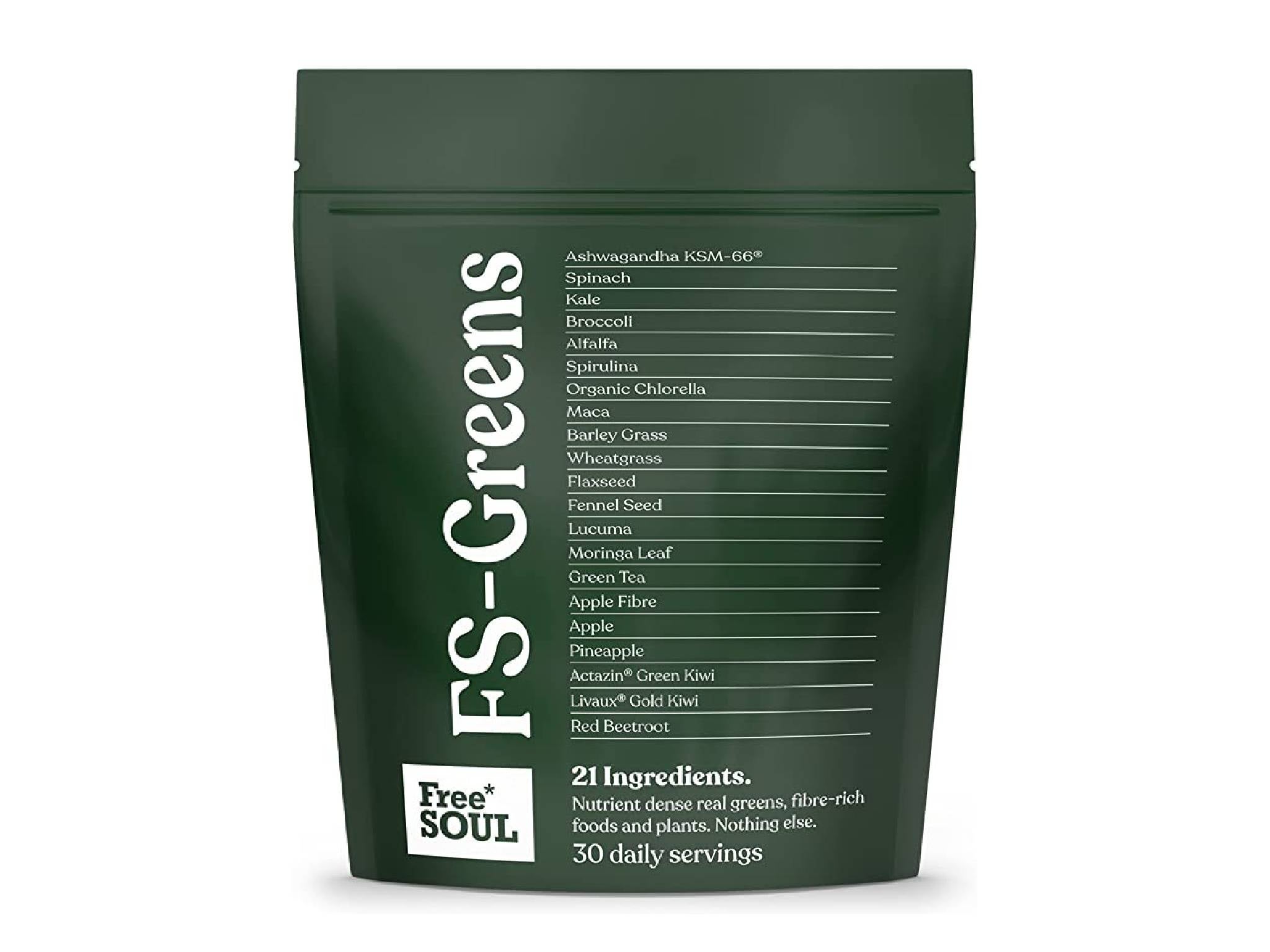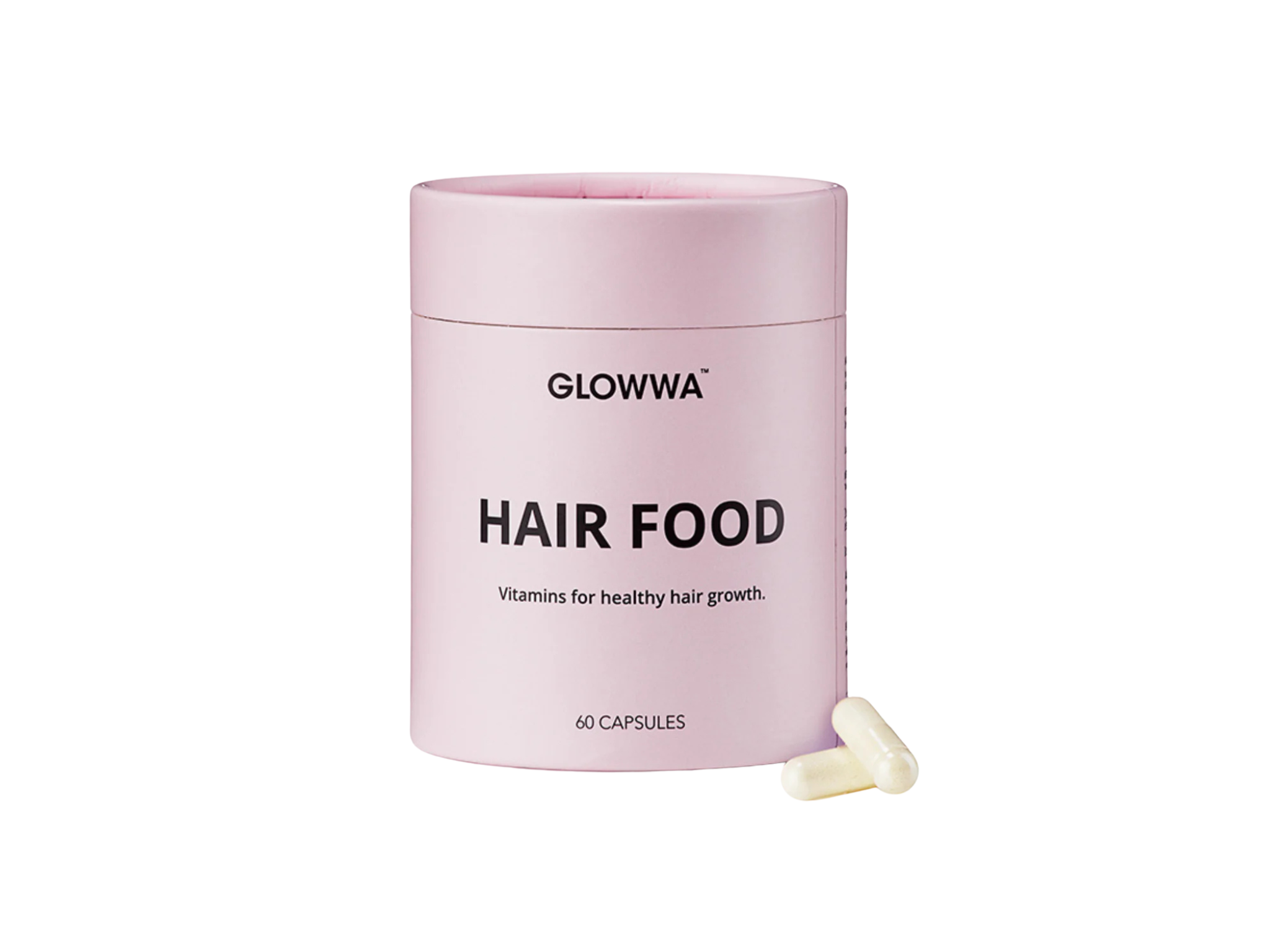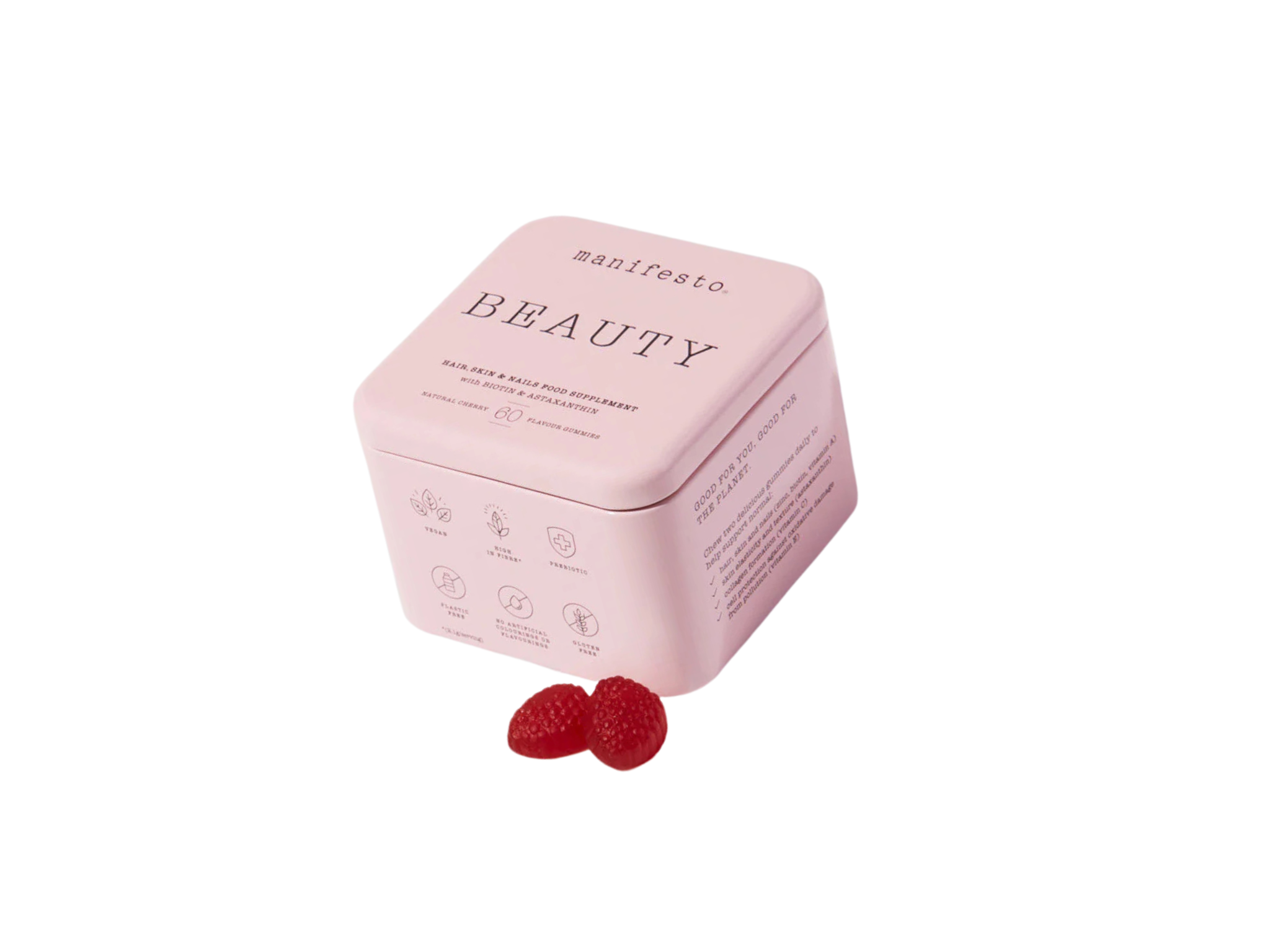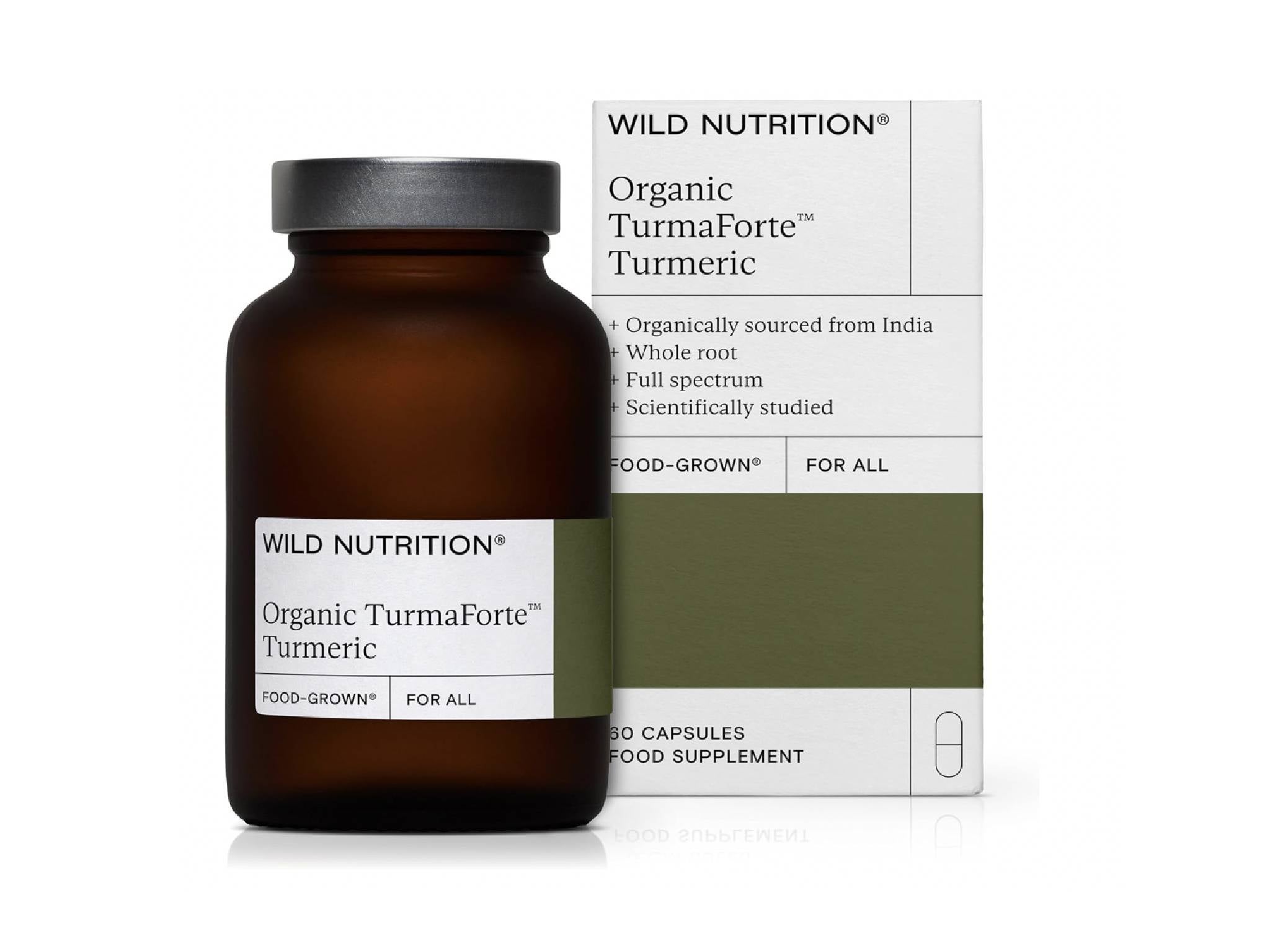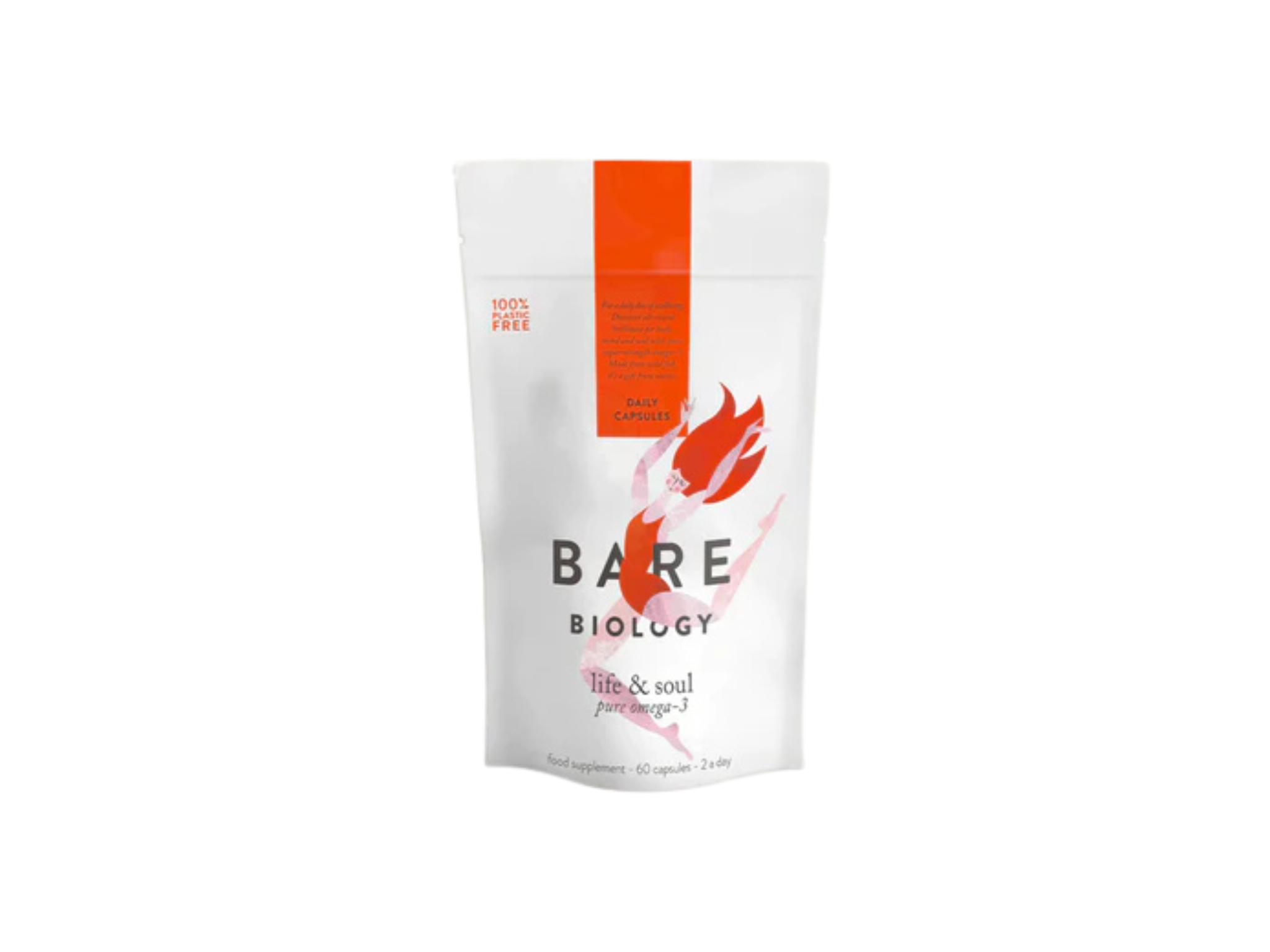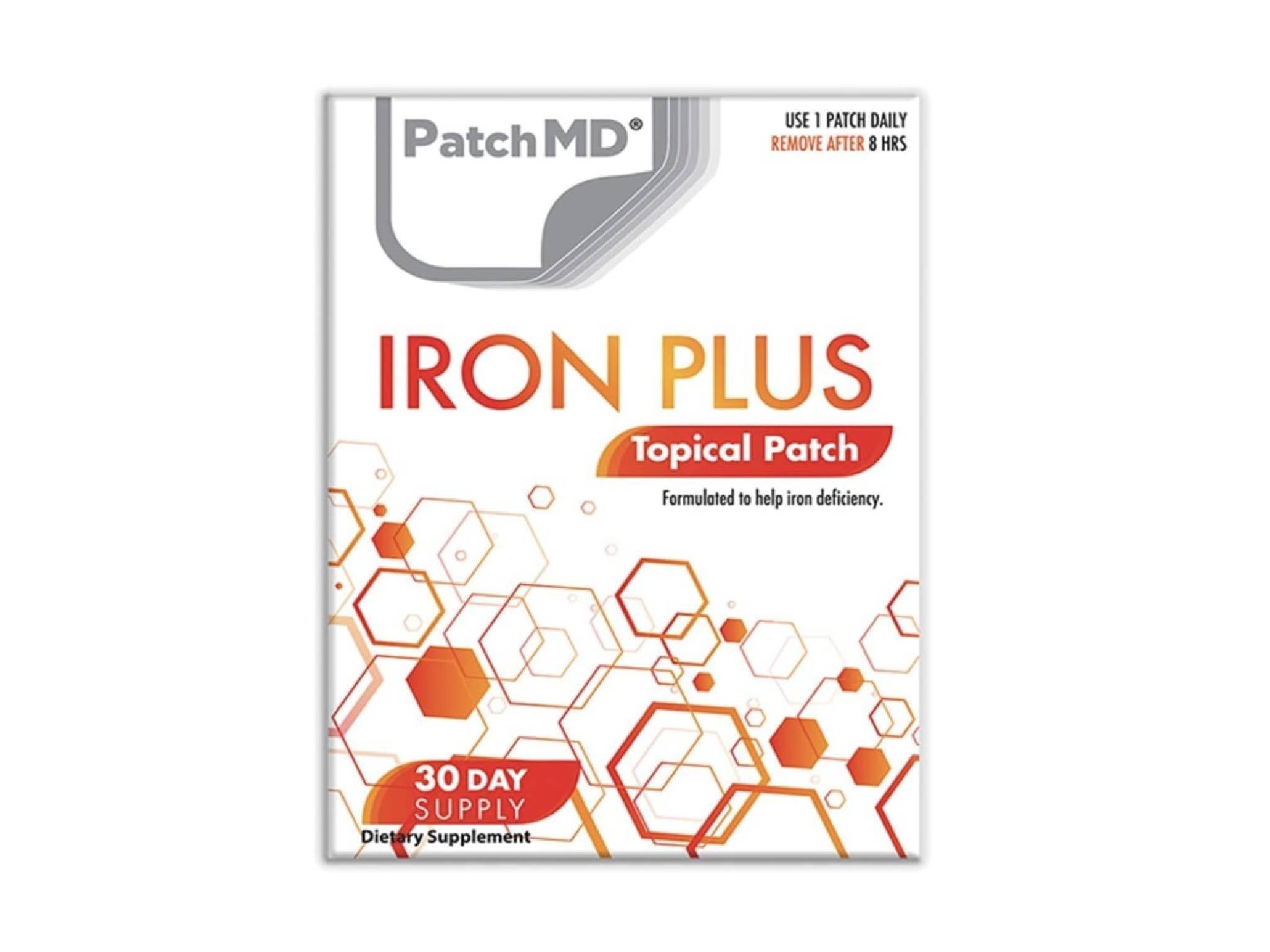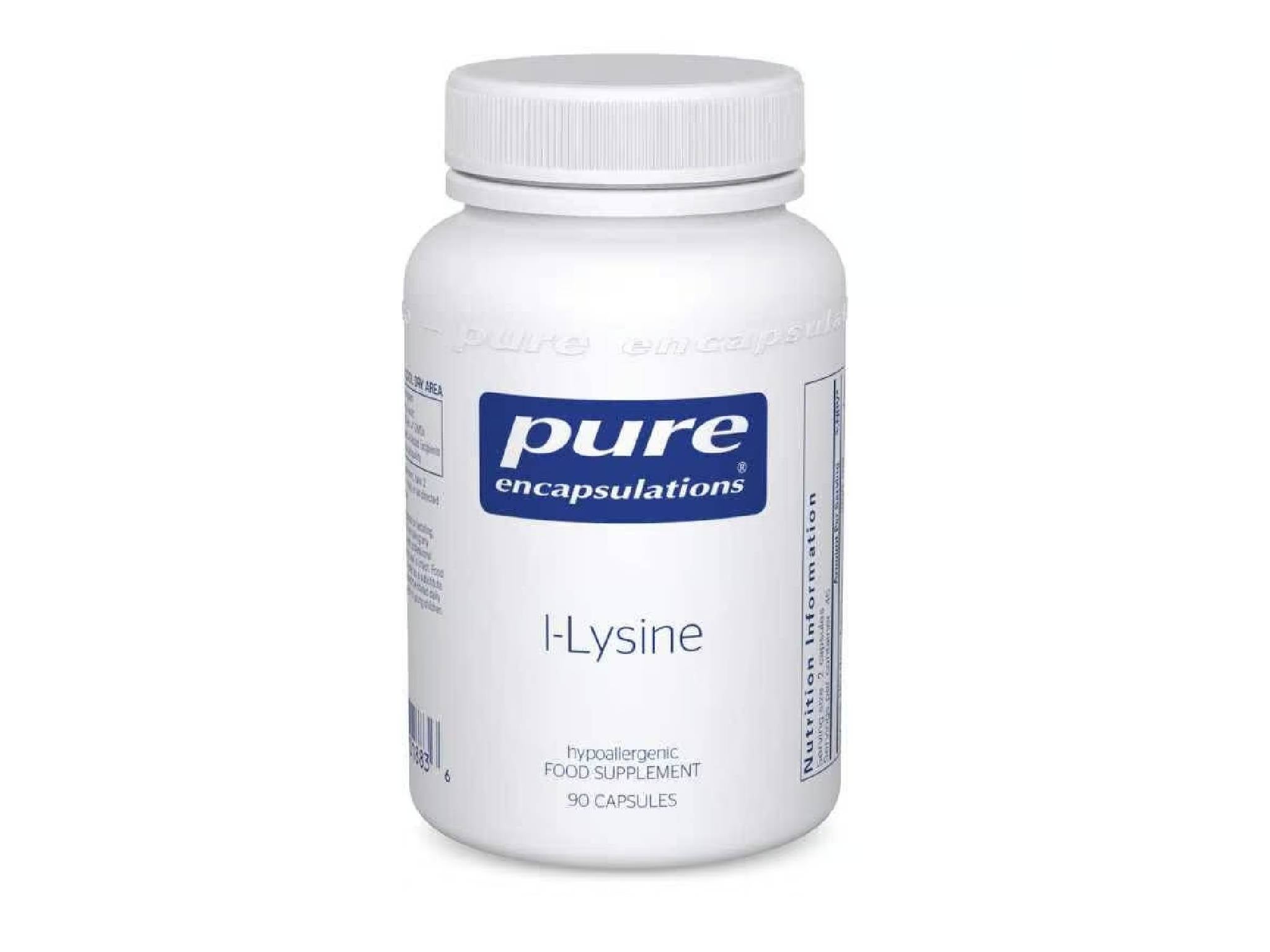Supplement FAQs
Which supplements should I take?
As nutritionist Emma Bardwell explains, choosing a supplement is always easier with the help of a qualified expert. Doctors and nutritional experts can not only help with testing for deficiencies, they’re also able to recommend the best dosage, when to take your supplements and how to take them.
For example, some people with gut issues might not benefit from taking a capsule, due to issues with absorption. For those with GI concerns, a liquid supplement taken orally might be the best bet. Patches might also be a good option, for people with particular health concerns.
How to tell if a supplement brand is any good
The quality of the supplements you take also matters, which is why it’s often best to ask an expert which brands they personally recommend. Often, the cheapest option or the brand with the coolest marketing campaign might not offer the purest formula, and you want to be sure you’re getting the best for your body.
Always check the label and look up the ingredients and take stock of the nutritional value of each ingredient. You might also want to compare and contrast the recommended daily allowance of each supplement and assess how this fits in with your diet.
It’s also worth looking out for brands that have clinically tested their supplements, especially in third-party trials. This means the product has been reviewed independently by another organisation that isn’t on the brand’s payroll.
Looking out for capsules that offer delayed release and high bioavailability is also a good idea. This means the nutrients in what you’re taking will reach the bloodstream without being wiped out by stomach acid or broken down by the metabolic process.
It usually takes at least three to six months to see results from supplementation. You might notice results sooner but don’t expect rapid changes overnight. It’s often useful to keep a log or diary of your symptoms and how you’re feeling, so you can compare the state of your health before and after supplementation.
When should I take supplements?
You might also find you don’t need or want to take supplements year-round. During the winter months, when your diet, lifestyle and sleeping habits might change, you could notice your energy levels and mood taking a dip. People often seek out supplements in the latter half of the year, to help with these issues and to support immunity levels.
Some supplements are best taken with or after food and some can be taken on an empty stomach. Experts recommend taking your B vitamins in the mornings, as these can give you more energy and might keep you awake if you take them later in the day. The label will usually advise how and when to take each supplement but, if in doubt, it’s worth consulting a medical expert, so you can tailor your protocol to your routine and get the best results.
What supplements should I take for gut health?
Every person’s gut microbiome is different and for some, a probiotic, prebiotic or postbiotic can help to regulate the levels of healthy bacteria in the gut and lessen the likelihood of digestive issues. “Probiotic supplements or probiotic-rich foods like yogurt or kefir can help maintain a healthy digestive system, alongside fermented foods such as kimchi, sauerkraut, or kombucha, these support your gut microbiome and overall immune function.” explains Pura Collagen founder, Jennifer Mo.
However, it is possible to upset the delicate balance of your microbiome by overloading with gut supplements. It’s also advisable to check in with a nutritionist or gut specialist if you suffer with digestion issues like IBS and colitis or autoimmune issues before you take a gut health supplement.
Gut health supplements vary and each contain different strains of bacteria in different amounts. Some will be specially formulated to reach the gut alive and others will be available in powders and liquids. To know which is right for you, first track your symptoms and consider what kind of supplement you might need. Then speak with an expert to determine which type and in which formulation you should be taking daily to support a healthy gut.
A healthy digestive system supports metabolism, skin health and even mental health so it’s worth making sure you are getting the best support possible from the supplement you choose to take.
What supplements should I take for immune health?
Supporting your immune system is always a good idea, especially during cold and flu season. There are certain nutrients that are especially crucial for immune health including Vitamin D, zinc, Vitamin C, quercetin, selenium and B12. If your diet is lacking in any of these nutrients, supplementing them can help to provide effective protection from viruses, infections and inflammation. Be aware of the recommended daily dose and if you’re concerned about exceeding the upper limit, speak with your doctor or a nutritionist to ascertain the optimal dose for your needs.
What supplements should I take for hair, skin and nails?
Zinc, Vitamin C and selenium are also the key to healthy hair, skin and nails. But there are other nutrients like biotin, Vitamin E and collagen that support healthy nail growth and youthful skin. New studies reveal collagen peptides can help reduce wrinkle visibility and while myriad skincare products contain Vitamin E, ingesting it can affect the health and quality of skin all over the body too.
“Collagen is the main protein that gives structure to our skin, nails, bones and ligaments,” explains Doctor Shendy Engelina, Consultant Dermatologist at Dermatica. “The more collagen we have, the plumper, smoother and more youthful our skin looks. As we reach our mid to late twenties, not only is it harder for our bodies to produce as much collagen as when we were younger – we lose it faster, too.”
Which supplements should I take for anemia?
According to Effect Doctors, up to 10 per cent of all women in the UK are iron deficient, making it the most common cause of anemia in primary care. The causes range from menstrual blood loss and pregnancy to poor diet and conditions like IBS. A balanced diet can prevent the symptoms of anemia, but for those following a plant-based diet, the elderly and those with issues absorbing B12 and folate, the risk of iron deficiency is significantly higher.
Supplements that contain iron, Vitamin C, B12, and folic acid can all help to prevent anemia. Staying hydrated also increases hemoglobin so drinking plenty of water and using electrolytes can help.
Which supplements should I take for joint pain?
Joint pain tends to increase as we age and the levels of elasticity in our body decrease. Supplements like Omega-3 and collagen can help with lubricating and regenerating the tissues between joints, while anti-inflammatory nutrients can ease swelling and pain caused by arthritis and hormonal fluctuations during menopause.
“Reduced collagen can cause serious signs of ageing including joint pain, reduced bone density, muscle loss and osteoporosis,” explains Mo. “Scientific studies have proven that supplementing a diet with high quality collagen peptides can trigger the body’s natural collagen production and promote cartilage regrowth.”
When paired with flexibility and mobility exercises and healthy muscle mass, joint pain supplements have the potential to stave off pain and stiffness after injury and as our bodies naturally age.
Looking for more dietary supplements? We’ve rounded up the best protein powders and the best magnesium supplements
